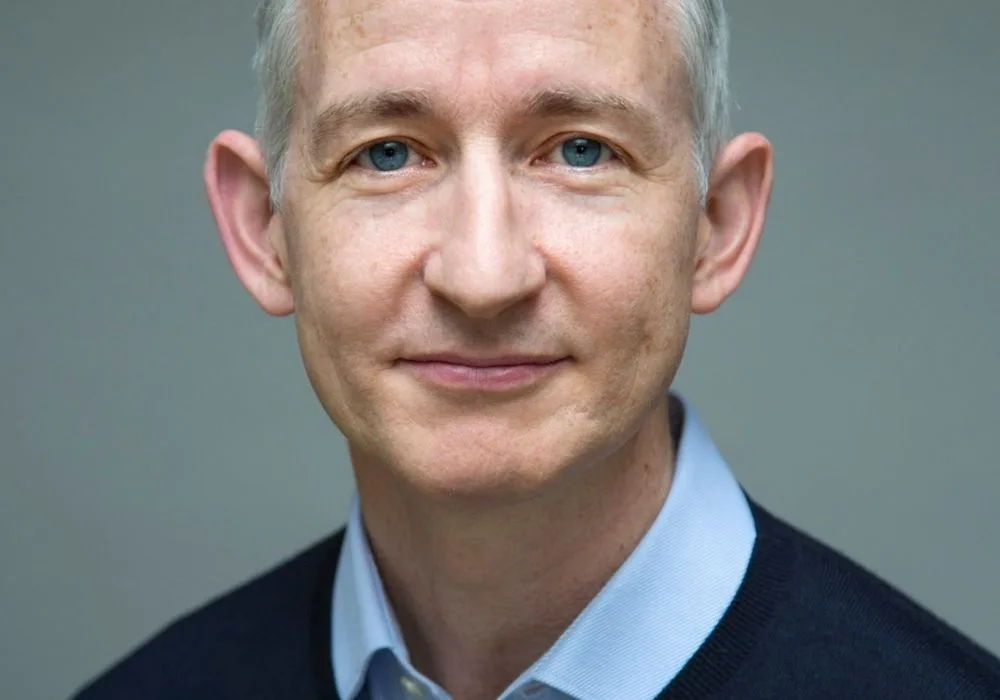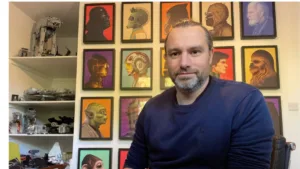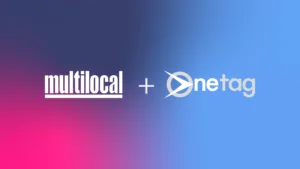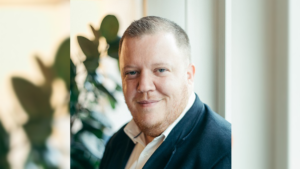By Tom Jenen, Chief Revenue Officer, Brand Metrics
Can I admit something to you, since we’re friends? I actually really like ad tech and the media industry. There’s an unending opportunity to make things better.
That’s because there’s a lot broken, I hear you whisper. Maybe. Maybe we’re all building things fast and growing like crazy, and maybe there’s no KPI on doing good in most companies.
It’s just ads, I hear that guy at the party say. Okay, but still, we sit at the nexus of the world’s largest financial support for quality news, information, and influence. We actually fund it and make nearly all of it possible. Millions of families depend on us, not to mention society and the ability to create positive change at a global scale.
So why don’t we feel better about it? Maybe we haven’t found our own purpose.
The Japanese principle of Ikigai is a simplistic guide to find happiness in work. The standard Ikigai Venn diagram involves four overlapping qualities: what you love, what you are good at, what you can be paid for and what the world needs. If, in the course of your work and your broader life, you can somehow find the sweet spot at the centre of all those things, you find your Ikigai – crudely translated, your ‘life value’, your sense of purpose, your reason for getting out of bed in the morning.
Many of us, with a bit of luck, succeed at achieving the first three of those qualities in our work: we find a job we enjoy, that we’re hopefully good at, that pays the bills. It’s not permanent, obviously – sometimes we stop liking the work, or the work stops liking us.
But the fourth one is trickier: does the world need us to do it? Are we creating a positive change for other people? Is it positive enough? Or, when we really sit down and think about it, is our job a social negative? Are other people suffering so we can thrive? Are we on the right side? Are we even possibly the bad guys?
These are big calculations, and they’re complicated and unique to all of us, but the essence is this: at some point, if we’re to be emotionally satisfied, we need to reckon not just with our own wellbeing but with our broader impact. It might not always be a question of changing jobs – though I can think of a few jobs that should go away – but about trying to make what difference we can, where we can.
I see hundreds of our friends and colleagues doing so much to fight to increase diversity – of utmost importance in an industry that shows society the idealised visions of itself – or creating ad networks and agencies with social change at their hearts, or supporting better privacy and stronger data protection, fighting ad fraud that sucks the lifeblood from quality media, or simply devoting themselves to mentoring others. In the last few years, I’ve worked on projects supporting global transparency on both the buy side and the sell side, which can shine a light on corruption and bad practices. I’ve worked towards better business models for local journalism, fighting fake news and poor brand safety controls that defund quality news.
I speak with a lot of people who are looking for their next challenge. While getting let go sucks, or deciding that you need to go sucks marginally less, it is absolutely 100% a major opportunity for positive change. I usually start with suggesting they think of what problems they see that they’d like to solve, and then find some people trying to solve it. Besides simply finding like-minded people (which is always nice), you actually start with the purpose, and find a role within that, rather than finding a role and hunting (perhaps in vain) for its purpose.
Sometimes all it takes is feeling like you’re making a difference for the rest of us in the industry by doing something a lot better. Because after 20 years in this industry I can say some of my best friends are adtech people, media people, and agency people – maybe even you. And if any of us can make the rest of our work lives just a little bit better, that’s also a job well done.









